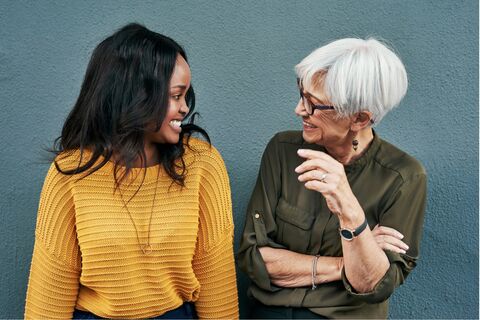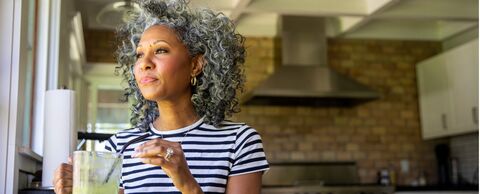As conversations around COVID-19 increase, children may worry about themselves, their family and friends getting sick.
Parents, guardians and family members play an important role in helping children make sense of what they hear in a way that is honest, accurate, and minimises anxiety or fear as much as possible.
Talking to children about COVID-19
Try to keep information and language as simple as possible and remind them that health officials are working hard to keep everyone safe and healthy:
“What is COVID-19?”
- COVID-19 is the short name for “coronavirus disease 2019.” It is a new virus. Doctors and scientists are still learning about it
- Recently, this virus has made a lot of people sick. Scientists and doctors think that most people will be ok, especially children, but some people might get pretty sick
- Doctors and health experts are working hard to help people stay healthy
“What can I do so that I don’t get COVID-19?”
- You can practice healthy habits to help protect against the spread of COVID-19:
- Cough or sneeze into a tissue or your elbow. If you sneeze or cough into a tissue, throw it in the bin straight away
- Keep your hands out of your mouth, nose, and eyes. This will help keep germs out of your body
- Wash your hands with soap and water for at least 20 seconds. Follow these five steps—wet, lather (make bubbles), scrub (rub together), rinse and dry. You can sing the “Happy Birthday” song twice in this time
- If you don’t have soap and water, have an adult help you use a special hand cleaner
- Keep things clean. Older children can help adults at home to clean the things we touch the most, like counters, doorknobs, light switches, and remote controls. (Note for adults: you can find more information about cleaning and disinfecting on CDC’s website.)
- Children of all ages can feel less anxious and more in control when given guidance on what they can do to prevent infection. Give them this information. Further information is available here. Kids feel empowered when they know what to do to keep themselves safe
“What happens if you get sick with COVID-19?”
- Having COVID-19 can be different for different people
- For many people, being sick with COVID-19 would be a little bit like having the flu
- People can get a fever, cough, or have a hard time taking deep breaths.
- Most people who have gotten COVID-19 have not gotten very sick. Only a small group of people who get it have had more serious problems
- From what doctors have seen so far, most children don’t seem to get very sick. While a lot of adults get sick, most adults get better
- If you do get sick, it doesn’t mean you have COVID-19. People can get sick from all kinds of germs. What’s important to remember is that if you do get sick, the adults at home will help get you any help that you need
If you suspect your child may have COVID-19, call your healthcare facility to let them know before you bring your child in to see them.
See https://www2.hse.ie/conditions/coronavirus/coronavirus.html for more, or any information we have shared on the StayWell website.
Information from Education.ie, CDC, HSE

